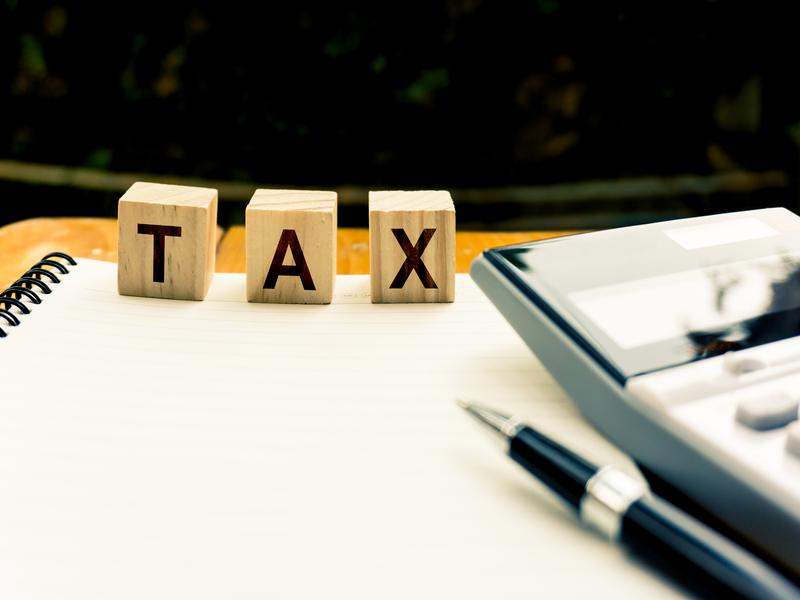

Although the basis for Singapore’s income tax computation is the total earnings in the city-state, it is still possible to get a smaller tax bill compared to those earning much less. Hence, familiarity with how to reduce income tax in Singapore for foreigners can come in handy.
Taxable Income in Singapore
Taxation on personal income covers all wages, together with commissions and bonuses, excluding CPF payments. Thus, all people earning in Singapore must submit their income tax form and pay their tax due yearly subject to tax rules, besides residency.
And like all countries, the tax rate increases with the income received. Taxable income in Singapore consists of:
- Bonuses
- Commissions
- Director’s fees
- Rental income
- Salaries or wages of employed and self-employed individuals
On the other hand, the following are non-taxable in Singapore:
- Capital gains from shares and stocks
- CPF Life Payouts
- Inheritance
- Lottery winnings
- Pensions
2023 Rates on Income Tax in Singapore
Knowing how to reduce income tax in Singapore for foreigners requires familiarity with the prevailing income tax rates, as listed below. In doing so, taxpayers can estimate how much you’d have to set aside next year:
| Chargeable income | Income tax calculation |
| 0 – 20,000 | None |
| 20,000.01 – 30,000 | 0 + 2% on the amount above 20,000 |
| 30,000.01 – 40,000 | 200 + 3.5% on the amount above 30,000 |
| 40,000.01 – 80,000 | 550 + 7% on the amount above 40,000 |
| 80,000.01 – 120,000 |
3,350 + 11.5% on the amount above 80,000 |
| 120,000.01 – 160,000 | 7,950 + 15% on the amount above 120,000 |
| 160,000.01 – 200,000 | 13,950 + 18% on the amount above 160,000 |
| 200,000.01 – 240,000 | 21,150 + 19% on the amount above 200,000 |
| 241,000.01 – 280,000 | 28,750 + 19.5% on the amount above 240,000 |
| 280,000.01 – 320,000 | 36,550 + 20% on the amount above 280,000 |
| More than 320,000 | 44,550 + 22% on the amount above 320,000 |
Strategies to Lower Singapore’s Income Tax
Strategy 1: Utilize the life insurance relief
Taxpayers who qualify for this tax relief have a total compulsory employment CPF contributions, self-started Medisave, or voluntary contributions, besides voluntary Medisave contributions, below SGD 5,000. In addition, this relief is on the paid life insurance premiums of the taxpayer or spouse.
Strategy 2: Benefit from the earned income tax relief
This tax relief is available to all working individuals, as follows:
• Below 55 years old – SGD 1,000 tax relief,
• 55 to 59 years old – SGD 6,000 tax relief, and
• 60 years old and above – SGD 8,000 tax relief.
Disabled persons earning an income can receive more tax relief.
Strategy 3: Deduct business expenses
Irrespective of the nature of the business, there will always be extra operating costs. So, it is a relief to know that claiming business expenses is among the ways to reduce income tax in Singapore for business revenue. Examples of business expenses deducted from the income tax are advertising costs and accounting fees.
Strategy 4: Donate to IPC-registered charitable institutions
Donations are among the many ways a taxpayer can receive a tax relief, which is another way on how to reduce income tax in Singapore for foreigners. The taxpayer can have 250% tax deductions depending on the donated amount until December 31, 2023.
Strategy 5: Maximize CPF (*Applicable to Singapore Citizens and Singapore Permanent Residents only)
Simply maximizing the Central Provident Fund Special Account to SGD 7,000, a taxpayer in Singapore can reduce the income tax due. Also, by topping up the taxpayer’s parents’ CPF at the maximum of SGD 7,000, the taxpayer can receive another relief, making the total tax relief SGD 14,000 for an assessment year.
Strategy 6: Render national service (*Applicable to Singapore Citizens and Singapore Permanent Residents only)
Doing so will allow the taxpayer to claim NSMan relief, ranging from SGD 3,500 to 5,000 for KAH or Key Appointment Holders or SGD 3,000 for the general population. In addition, the parents and spouse of the qualified taxpayer also automatically receive tax relief of SGD 750 for the same assessment year.
Strategy 7: Study to keep skills and knowledge updated
Though generally unknown by all, taxpayers may utilize a tax relief not exceeding SGD 5,500 for courses attended starting in 2021, provided:
• The course is relevant for employment or enables the taxpayer to change careers, and
• Receipts of payment are attached to the tax relief claim.
Strategy 8: Voluntarily contribute to Medisave (*Applicable to Singapore Citizens and Singapore Permanent Residents only)
Another way to reduce income tax in Singapore is to make voluntary contributions to the Medisave Account. This strategy is ingenious for self-employed persons to do. However, several requirements have to be met before claiming this tax relief.
Strategy 9: Claim rental expenses from rental income
Finally, this tax relief applies to lessors who also incur rental expenses. The claim on costs is limited to 15% of gross rental revenue.
How Premia TNC Can Help
Premia TNC, a professional consulting firm, is experienced in handling taxes in Singapore. Dedicated to providing clients with complete tax services, we assist in guiding them on how to reduce income tax in Singapore for foreigners.
We believe it is wise for all to consult tax experts on the best way to declare their income. With the available government incentives, potential tax savings, and intricate tax implications, our clients can enjoy the maximum tax savings they are allowed in Singapore.
Our services range from preparing personal income tax calculation and tax return filing, including the IR21 form for foreign workers resigning or departing from Singapore, to liaising in matters concerning income tax valuations, objections, and communication with the Income Tax Authority.
FAQs
Why did the government introduce the SGD 80,000 personal income tax relief cap?
There are more than a dozen personal income tax reliefs, each serving a worthy purpose. Overall, these tax reliefs can unduly bring down the total income subject to tax for a few individuals. Hence, the government needs to temper the impact of large tax reliefs claimed to preserve fairness in Singapore’s tax structure by introducing the personal income tax relief cap.
The gross rental is pre-filled, but the actual gross rental amount is more than the pre-filled amount. Is there a need to correct it?
Yes, because taxpayers must ensure to report the correct amounts while filing their income tax.
What factors affect the income tax amount in Singapore?
The amount of income tax in Singapore depends on the earnings in Singapore, besides whether the taxpayer is a tax resident or not.




















